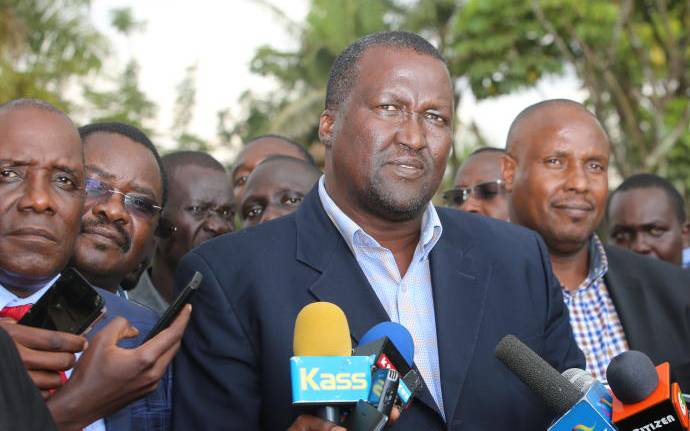×
The Standard e-Paper
Home To Bold Columnists

The biggest challenge that faces any oil-producing country is how to efficiently use its oil wealth for the greater good of its people.
There is a general consensus that a natural resource endowment does assist nations to reverse their capital gaps through the generation of revenues for their governments for the delivery of public goods and also to bail their populaces out of poverty.